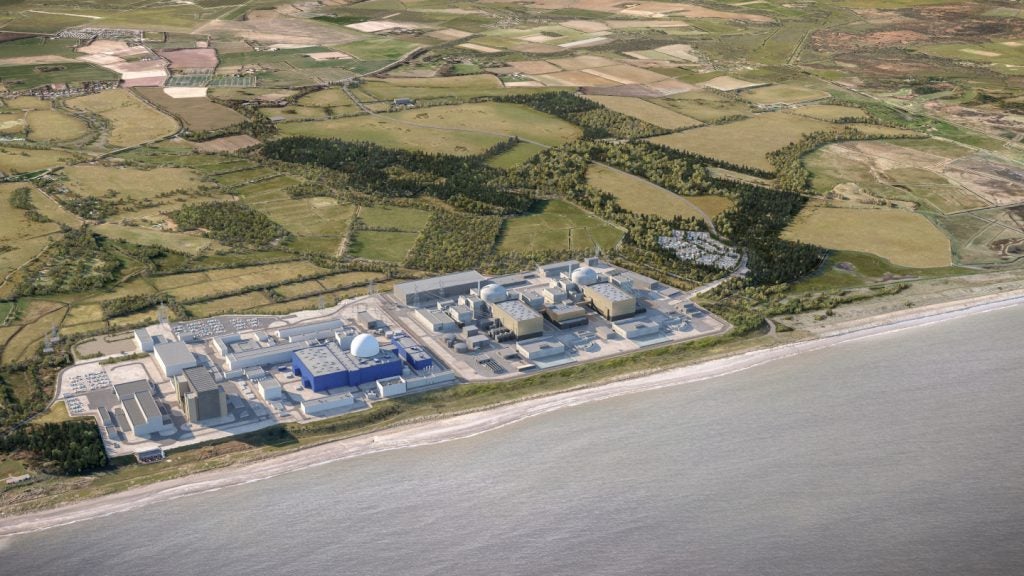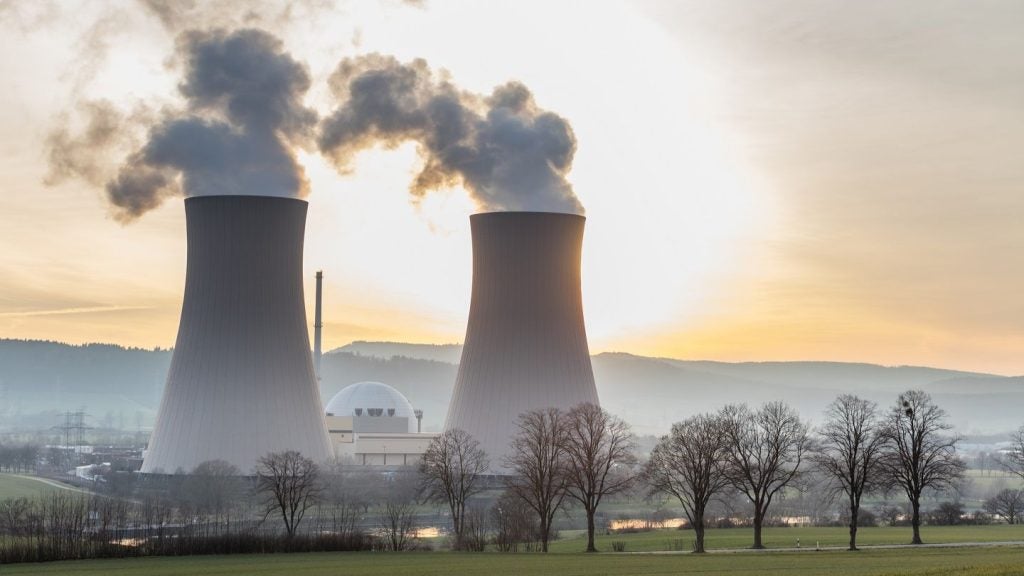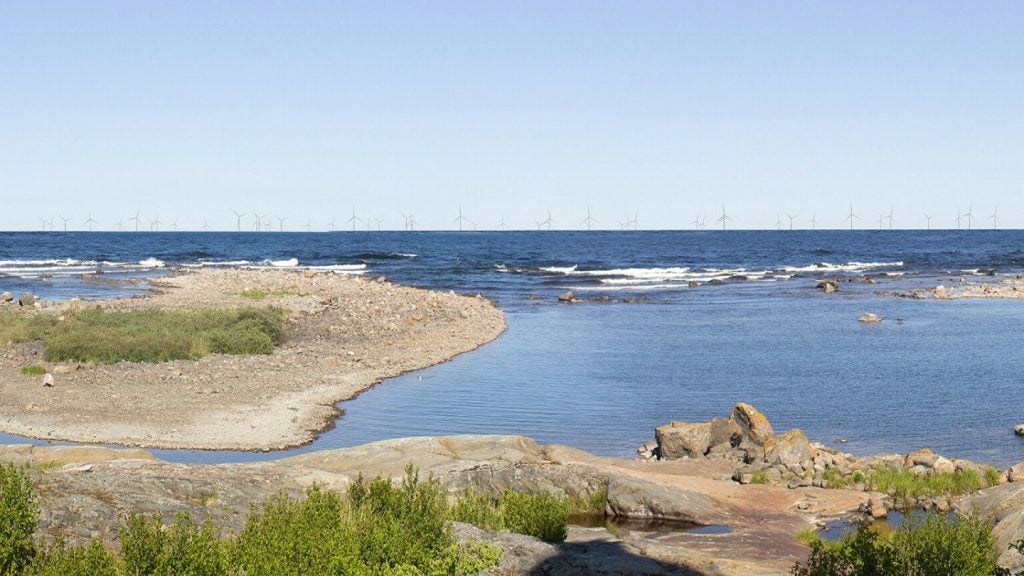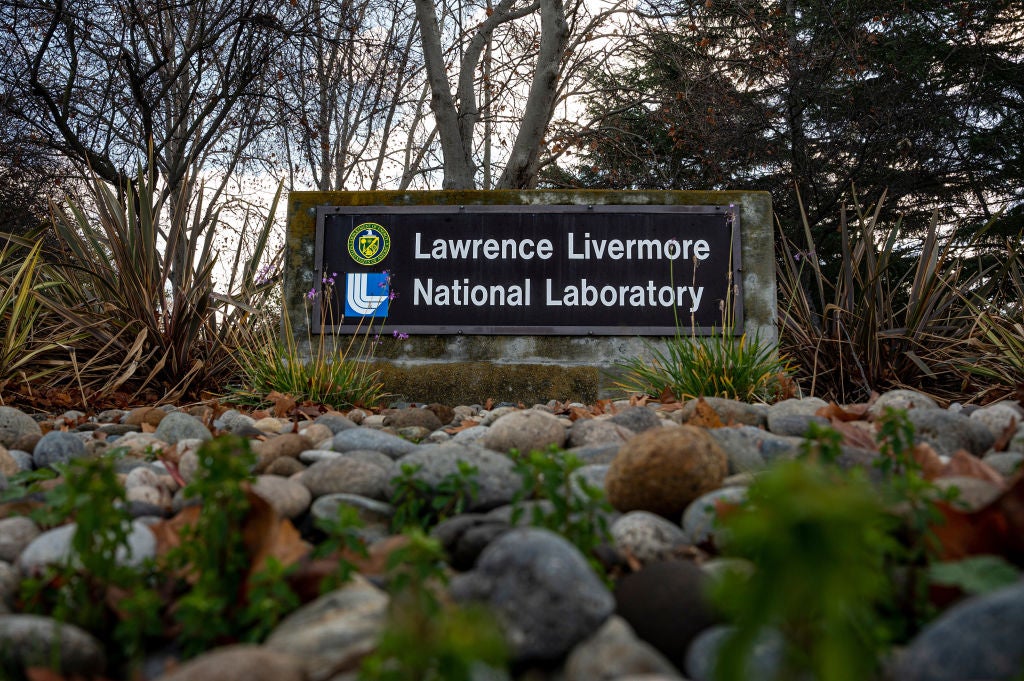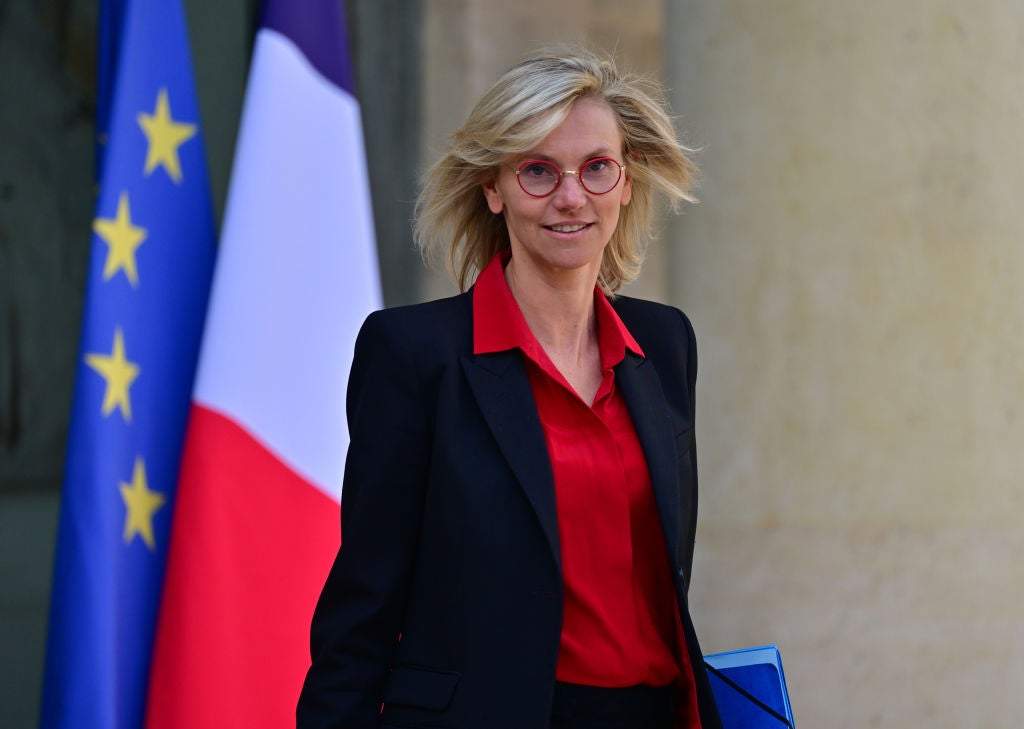
France plans to build several nuclear reactors in Sweden, according to an agreement signed on the sidelines of the EU’s Energy Council meeting in Brussels on Tuesday.
The letter of intent, signed by Sweden’s Minister for Energy, Ebba Busch, and French Energy Minister Agnès Pannier-Runacher, notes: “French industry’s interest in submitting an offer for French nuclear power reactors in Sweden.”
Specifically, French state-owned energy company EDF, which specialises in nuclear power, is “actively engaged” in discussions with Swedish state-owned utility Vattenfall about the advancement of nuclear energy in the Scandinavian country.
“EDF has all the assets to propose suitable solutions as part of its development strategy for new nuclear power in Europe, encompassing both a high-power technology offering with its family of EPR and EPR1200 reactors, and a low-power technology offering with its small modular NUWARD SMR reactor,” the letter states.
France and Sweden “will endeavour to facilitate technical exchanges for the participation of their industry in support of reactor maintenance, life extension and power upgrades of the reactors”, it continues, outlining preparation phases for the launch of new nuclear projects as well as ways in which the two governments can collaboratively, “cost-efficiently” deploy low-carbon energy.
After the letter was signed, Pannier-Runacher declared that “nuclear power is back in Europe”.
How well do you really know your competitors?
Access the most comprehensive Company Profiles on the market, powered by GlobalData. Save hours of research. Gain competitive edge.

Thank you!
Your download email will arrive shortly
Not ready to buy yet? Download a free sample
We are confident about the unique quality of our Company Profiles. However, we want you to make the most beneficial decision for your business, so we offer a free sample that you can download by submitting the below form
By GlobalDataFrance has been adamant in pushing its nuclear agenda within EU negotiations. At the recently closed UN climate summit, COP28, it led a group of 20 countries in the signing of a pledge to triple nuclear energy capacity by 2050 from 2020 levels. The declaration emphasised “the key role of nuclear energy in achieving global net-zero greenhouse gas emissions/carbon neutrality by or around mid-century” but is not legally binding.
France has a long history with nuclear power, with the country still producing the majority of its domestic electricity from its ageing nuclear reactors, all operated by EDF. State takeover of the company was only finalised this year, after initially being proposed in March 2022, as EDF continued to suffer losses owing largely to failures across its nuclear fleet.
Meanwhile, Sweden’s coalition government has made efforts to revive the country’s waning nuclear industry this year. In June, it changed the wording of its 100% renewable energy by 2045 to “100% fossil-free,” leaving room to include nuclear power in its energy mix. Last month, the government presented its road map for the development of its nuclear industry, which aims to enable the “massive expansion of new nuclear power by 2045”.



